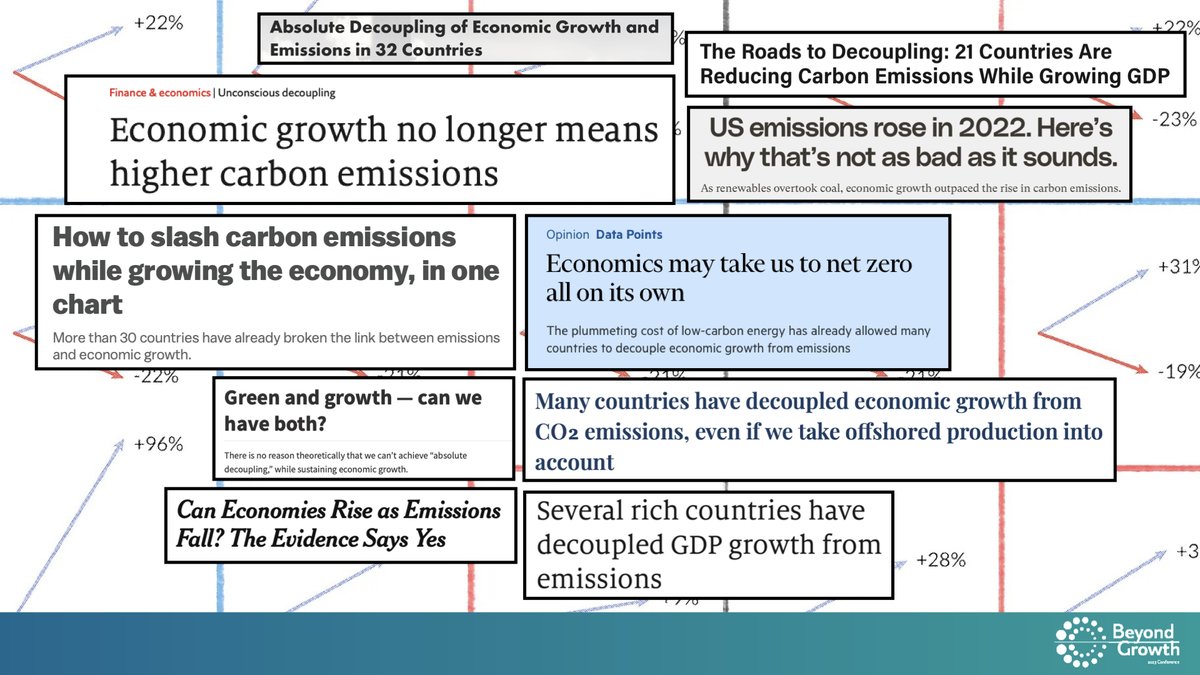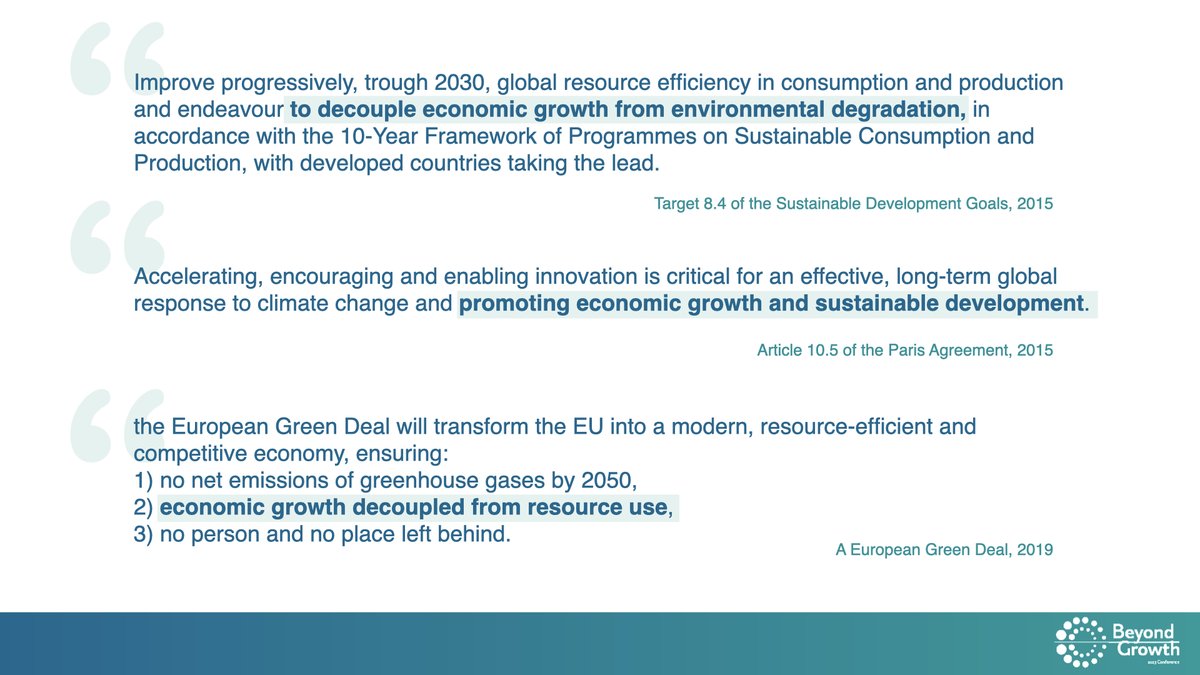A study by @jasonhickel, Dylan Sullivan, and @huzaifazoom that quantifies drain from the global South through unequal exchange since 1960.
THREAD
THREAD

In 2017, the most recent year of data, drain through unequal exchange amounted to $2.2 trillion; in other words, it was equivalent to the quantity of Northern commodities that one could buy in that year with $2.2 trillion. 

Appropriation via unequal exchange increases (1) when the volume of international trade grows (extensive growth), and (2) when the price gap between North and South widens (extensive growth). 

International trade is not a game where everyone wins. Some countries win and other lose. For example, the accumulated gains for France between 1960 and 2017 amount to +$50,160 per person, whereas people in Mexico lost $22,742 per person over the same period. 

Globalisation looks like an octopus: the core (rich nations) appropriates resources from the periphery (poorer nations), hence the title of the paper: “Plunder in the Post-Colonial Era.” 

The loss happens in two ways: (1) poor countries export UNDER-PRICED products that the North buys cheap while (2) they also import OVER-PRICED products that the North sells dear. It’s a double squeeze. 

If you measure that difference with wages (instead of prices in general), the drain gets even higher. 

Same mechanism: the South imports products that are relatively expensive (because Northern wages are high) and exports products that are relatively cheap (because Southern wages are low). 

If you think the global North got rich just because of creativity and hard work, think again. On a finite planet, affluence somewhere is (very often) achieved through deprivation somewhere else. It’s called “accumulation by dispossession.”
tandfonline.com/doi/abs/10.108…
END THREAD
tandfonline.com/doi/abs/10.108…
END THREAD
• • •
Missing some Tweet in this thread? You can try to
force a refresh


















